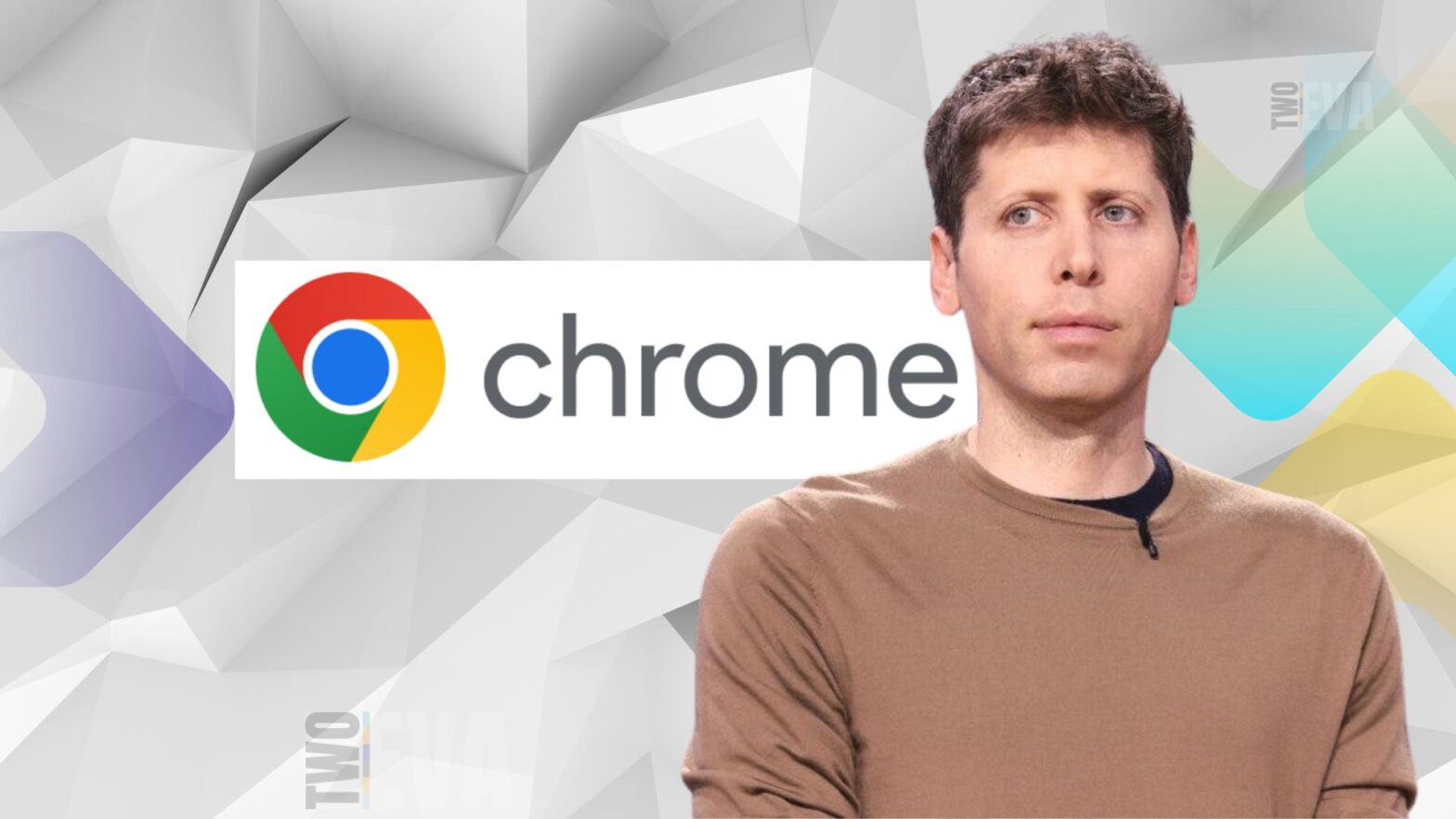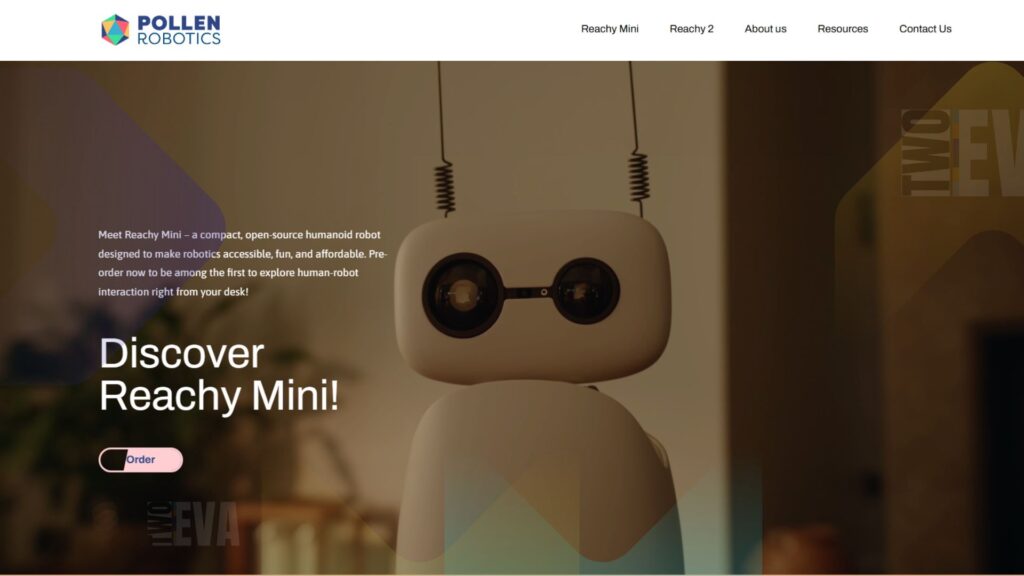Could OpenAI become the next owner of Google Chrome? That’s the question making waves this week after an OpenAI executive testified that the company would consider acquiring Chrome if the U.S. Department of Justice (DOJ) forces Google to sell it. The statement came during a hearing where the DOJ argued that divesting Chrome is necessary to curb Google’s dominance in search and advertising.
Why OpenAI Wants Chrome
OpenAI’s interest isn’t hypothetical. The company’s head of product openly suggested that integrating ChatGPT with Chrome could create a groundbreaking user experience, calling it “really incredible” in court testimony. With Chrome holding over 60% of the U.S. browser market, owning it would give OpenAI direct access to millions of users—and the data that comes with them. The move would also accelerate OpenAI’s push to replace traditional search with AI-driven interactions.
But this isn’t just about convenience. Control of Chrome could allow OpenAI to bake AI capabilities directly into the browser, making tools like ChatGPT a default part of web navigation. Currently, Google bundles its own Gemini AI with Chrome, but an OpenAI-led version might offer deeper, more seamless AI integration, leapfrogging Google’s efforts.
The DOJ’s antitrust Case Against Google
The possibility of a forced sale stems from the DOJ’s landmark antitrust case against Google, which last year found the company guilty of illegally maintaining a monopoly in search and advertising. The DOJ argues that Chrome’s dominance—paired with Google’s control of the search market—stifles competition.
Chrome isn’t just a browser; it’s a key part of Google’s ecosystem, funneling users toward its search engine. The DOJ contends that spinning off Chrome or opening Google’s search index to rivals could rebalance the market. Judge Amit Mehta previously ruled that Google’s exclusive deals, like paying to be the default search engine on devices, were anticompetitive. Since then, Google has relaxed some agreements—but the DOJ says that’s not enough.
Would a Sale Even Happen?
Legal experts are split. “It’s a toss-up,” said Rebecca Haw Allensworth, a Vanderbilt University law professor, noting that while the DOJ has a strong case, Google will likely fight any divestiture order with appeals. Even if a sale is mandated, the process could take years due to legal challenges and competing bids from other tech giants.
Google has already taken steps to soften antitrust concerns, such as allowing more AI and search competitors as defaults on Android devices. But these moves may not satisfy the DOJ’s push for structural changes.
The Bigger Picture for Browsers and AI
If Chrome were sold—whether to OpenAI or another bidder—it could redefine how AI integrates with web browsing. OpenAI’s ownership might lead to an AI-first browser, revolutionizing everything from search to personal assistance. However, analysts warn that one tech giant replacing another as Chrome’s owner could simply shift the balance of power rather than foster true competition.
Microsoft, Apple, and Amazon could also vie for Chrome, sparking a new battle over defaults and AI features. Consumers might see faster innovation, but the transition could also bring uncertainties around privacy, data control, and market concentration.
For now, OpenAI’s interest remains theoretical. But its public statement sends a clear message: the company is eyeing not just AI dominance but the very infrastructure of how people access the web.


















